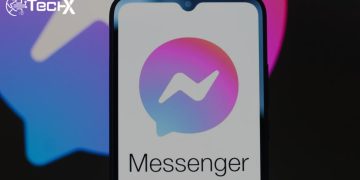Google has announced a major shift in its Android security framework. Beginning September 2026, developers distributing apps outside the Play Store will be required to verify their identity. This means that sideloading, a common practice for Android users, will now face stricter regulations. Google states the move is intended to make Android safer, protect users from malware, and build greater trust in the ecosystem.
Early Access Program for Developers
To ease the transition, Google will roll out an early access program for app developers in October 2025. This initial phase will allow selected creators to test the new verification process. A broader rollout will follow in March 2026, giving developers several months to adapt. Google says this gradual approach ensures app creators have sufficient time and resources to comply with the new requirements.
New Android Developer Console for Verification
The identity checks will be conducted through a newly introduced Android Developer Console. This platform is specifically designed to streamline verification and help developers securely register their details. By making this process mandatory, Google expects to discourage fraudulent actors who attempt to spread harmful software. Developers who fail to complete verification will not be able to distribute their apps outside the Play Store.
Also Read: Pakistani Innovator Muhammad Subhan Converts Manual Car into Smartphone Controlled Vehicle
Building Stronger Trust in the Android Ecosystem
Trust has always been a challenge in Android’s open-source environment. While sideloading offers flexibility, it also exposes users to risks like malware, scams, and data theft. Google’s new verification requirement addresses these issues by ensuring that only accountable and verified developers can publish apps. This step not only enhances security but also increases user confidence in downloading apps from beyond the official marketplace.
Blocking Non-Verified Apps on Android Devices
Another key part of the policy is enforcement through Android devices themselves. Phones and tablets with Google Play Services will gain the ability to block apps from developers who skip verification. This means unverified apps will not run on most modern Android devices. By embedding enforcement directly into the system, Google can significantly reduce the spread of malicious or unauthorized applications.
Impact on Developers and Users
For developers, this rule introduces a new hurdle, but one that comes with clear long-term benefits. Verified status will serve as a badge of trust, helping genuine developers stand out from malicious ones. Users, on the other hand, will gain a safer app ecosystem where the chances of encountering harmful software are drastically reduced. Google hopes this balance will create a more secure yet flexible Android experience.
















